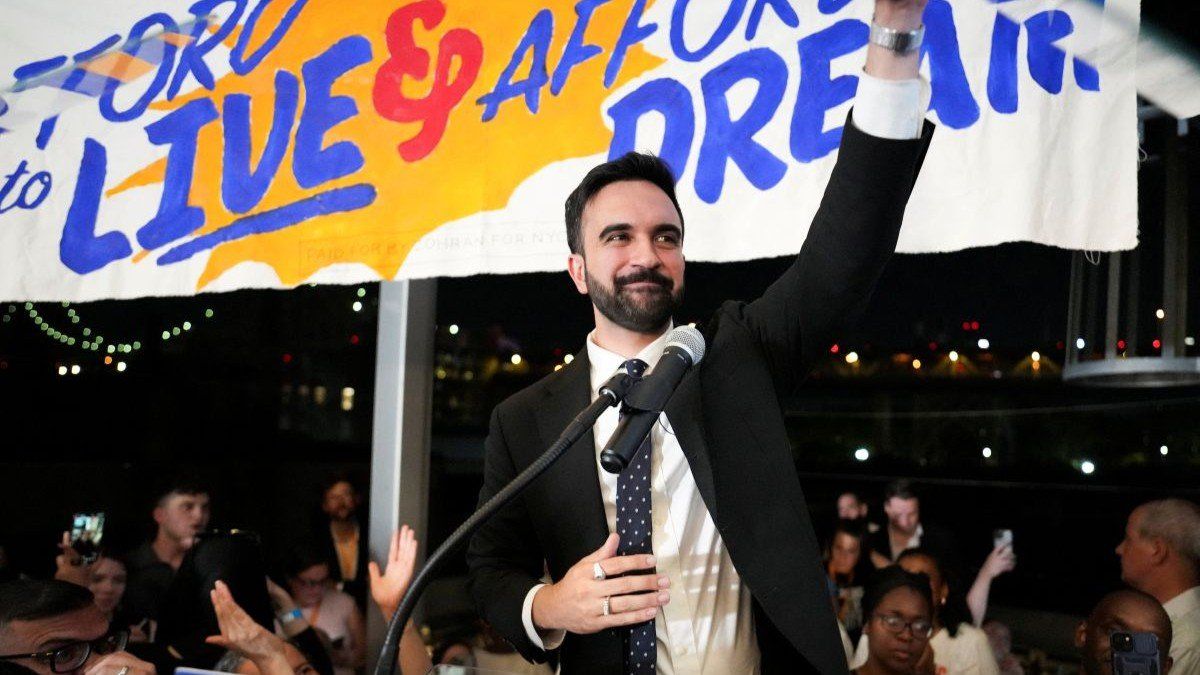Upstart wins mayoral primary in New York
In a stunning political upset with national implications, Zohran Mamdani, a 33-year old Democratic Socialist, won New York City’s Democratic mayoral primary, defeating centrist former New York Governor Andrew Cuomo. In heavily blue NYC, the Democratic primary winner usually wins the November general election. Mamdani, though, will face a strong backlash from Wall Street power brokers and centrists like current Mayor Eric Adams, who will likely challenge him as an Independent. National-level Dems are closely watching the race. As the party seeks a path back from the wilderness, it faces a widening internal rift between progressives and establishment-oriented centrists.
NATO summit agrees to massive defense spending increases
The 32-member alliance formally agreed to US President Donald Trump’s demand that they boost defense-spending targets from 2% to 5% of GDP, with the goal of achieving this by 2035. Some countries appear to be getting a headstart: Germany pledged a 70% increase in spending by 2029, the United Kingdom is buying jets that can drop nuclear weapons, while Poland wants to get close to the 5% target this year. However, the steep costs could increase pressure on European government budgets, which are renowned for upholding their end of the social contract.
How badly damaged is Iran’s nuclear program?
Four days after US President
Donald Trump’s Midnight Hammer struck three key Iranian nuclear facilities, the effects are still unclear. A new US intel report
says the mission set back Tehran’s atomic ambitions by only a few months – Trump disputes this. It’s also uncertain what Iran did with the uranium it has
already enriched. The stakes are high: if Tehran can in fact revive its program in short order, the US-Israeli assault will be seen as a costly and risky failure.
